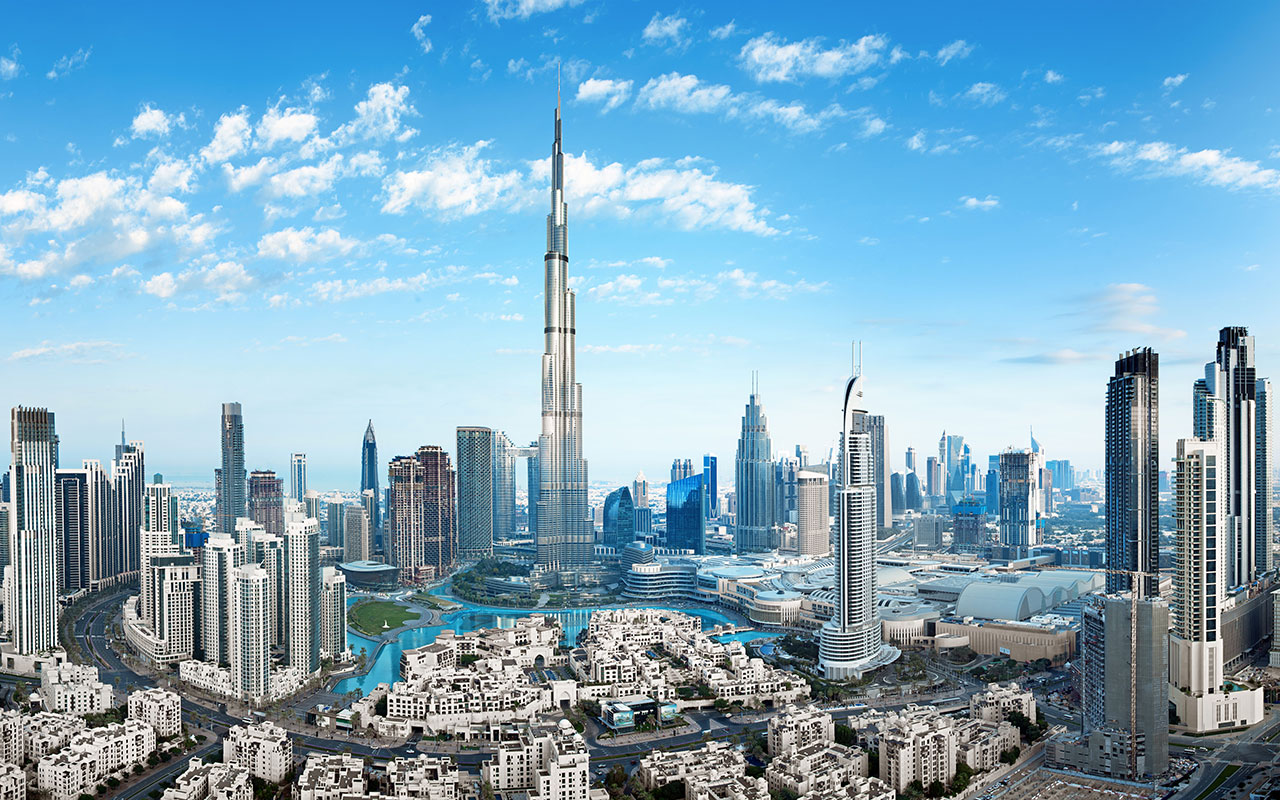Can Pakistani Citzen Buy Property in Dubai
Buying property in Dubai has become an appealing option for many, including Pakistani citizens. As one of the most progressive real estate markets in the world, Dubai offers various opportunities for foreign nationals, including Pakistanis, to invest in property. If you are a Pakistani citizen wondering whether you can own property in Dubai, the answer is yes, but there are specific rules and guidelines you must follow. This article will walk you through the essential information, covering legal requirements, investment benefits, and frequently asked questions about Can Pakistani Citzen Buy Property in Dubai.

Dubai Real Estate Market Overview
Dubai has a dynamic real estate market that caters to both local and international investors. Understanding how this market functions is crucial before making any decisions.
Is It Legal for Pakistani Citizens to Buy Property in Dubai?
Yes, it is entirely legal for Pakistani citizens to purchase property in Dubai. Dubai offers specific freehold areas where foreign nationals, including Pakistanis, can buy property.
Freehold vs. Leasehold Properties
In Dubai, foreign investors can buy properties in two ways: freehold or leasehold. Here’s what each entails:
– Freehold Property: Gives full ownership of the property.
– Leasehold Property: Provides ownership for a fixed number of years (usually 99 years).
Areas in Dubai Are Open for Foreign Ownership
There are designated freehold areas where foreign nationals can buy property. Some popular areas include:
– Downtown Dubai
– Palm Jumeirah
– Dubai Marina
– Jumeirah Lake Towers
Steps for Pakistani Citizens to Buy Property in Dubai
1. Research the Market: Study the property market trends.
2. Choose the Right Area: Pick a location within the freehold areas.
3. Secure Financing: If you need financing, consult with Dubai-based banks that offer mortgage services to foreign nationals.
4. Hire a Real Estate Agent: It’s essential to work with a certified agent familiar with the Dubai market.
5. Sign the Sales Agreement: Ensure all terms are clear and documented.
6. Transfer of Property: The final step is transferring ownership at the Dubai Land Department.
Documents Required for Pakistani Citizens
To purchase property in Dubai, Pakistani citizens must submit the following documents:
– A valid passport copy
– Emirates ID (if residing in Dubai)
– Proof of income or financial statements
– Signed purchase agreement
Need to Be a Dubai Resident to Buy Property
No, you do not need to be a resident of Dubai to purchase property. However, buying property may make it easier to secure a residency visa under certain conditions.
Benefits of Investing in Dubai as a Pakistani Citizen
– No Property Tax: Dubai does not levy annual property taxes, which can significantly reduce the cost of owning property.
– Rental Yield: Dubai offers high rental yields, making it a lucrative option for investors.
– Easy Accessibility: With direct flights between major Pakistani cities and Dubai, it’s convenient for Pakistani investors to manage their properties.
You Get a Residency Visa by Buying Property in Dubai?
Yes, Pakistani citizens can obtain a residency visa by purchasing property in Dubai. However, there are minimum investment requirements, usually around AED 1 million, to qualify for a property-linked visa.
Financing Options for Pakistani Investors
Pakistani citizens can apply for mortgages from Dubai-based banks. Many financial institutions offer loans specifically tailored for foreign nationals, including non-residents.
Challenges Pakistani Citizens Might Face
– Currency Exchange Rates: Fluctuations in the Pakistani rupee could affect the affordability of property.
– Legal Requirements: Navigating through Dubai’s real estate laws can be complex without the help of a professional.
Costs Involved in Buying Property in Dubai
Apart from the purchase price, buyers must be prepared for other costs, such as:
– Registration fees (usually 4% of the property’s value)
– Agency fees
– Service charges
Property Management Options
If you do not live in Dubai, you may want to hire a property management company to handle your investment. They can take care of maintenance, rent collection, and tenant management.
How to Avoid Scams When Buying Property in Dubai
Work only with certified real estate agents and registered developers to avoid scams. Verify all property documents with the Dubai Land Department.
Personal Experience with Dubai’s Property Market
In my own experience, the process of purchasing property in Dubai as a Pakistani citizen was smooth, provided that all legal and financial aspects were taken care of in advance. The key is to do thorough research and work with experienced professionals to avoid any pitfalls.
FAQs
Can Pakistani Citzen Buy Property in Dubai?
No, Pakistani citizens can only purchase property in designated freehold areas.
Is there a minimum investment requirement to buy property in Dubai?
There is no minimum investment to purchase property, but a minimum of AED 1 million is required to qualify for a property-linked residency visa.
Do I need a residency visa to buy property in Dubai?
No, residency is not required to purchase property, but owning property can help you obtain a visa.
How long does it take to buy property in Dubai?
Once you have completed all the necessary paperwork, the process typically takes 30-45 days.
Are there taxes on property purchases in Dubai?
There are no property taxes, but buyers must pay a 4% registration fee.
Can I rent out my property in Dubai?
Yes, foreign investors can rent out their properties in Dubai.
Can I apply for a mortgage as a Pakistani citizen?
Yes, many Dubai-based banks offer mortgage services to foreign nationals.
What documents are required to purchase property?
A valid passport, proof of income, and a signed purchase agreement are required.
Can I buy property under a company name?
Yes, you can buy property under a corporate entity, but the company must be registered in Dubai or one of its free zones.
What are the service charges for owning property in Dubai?
Service charges vary by property and cover maintenance, security, and community services.

